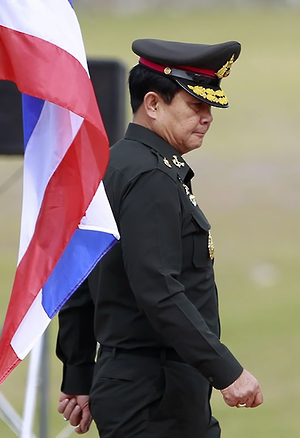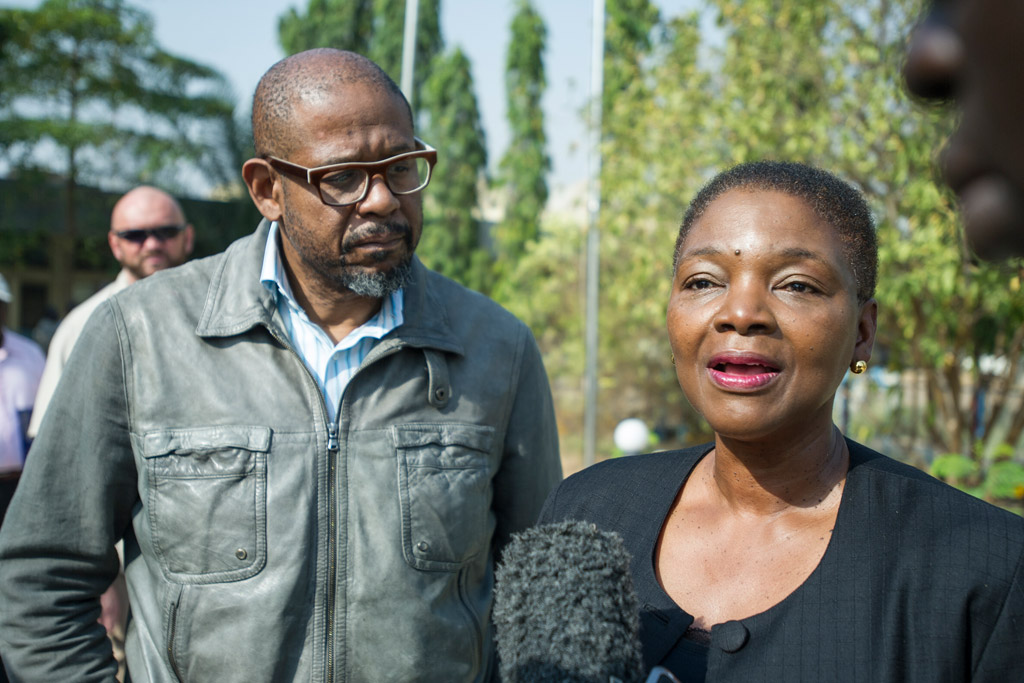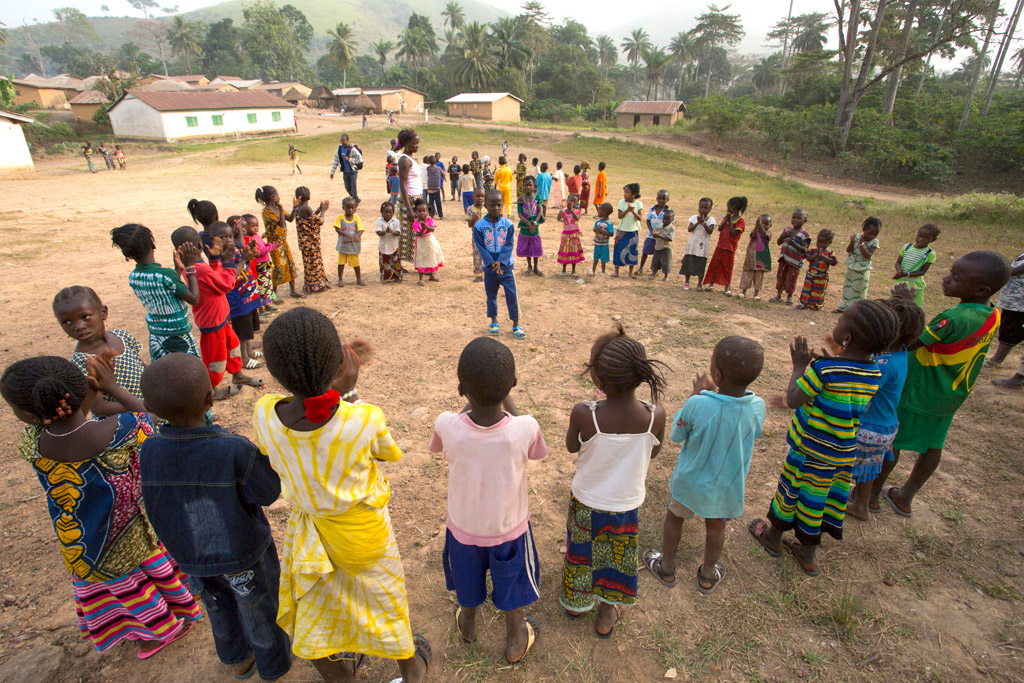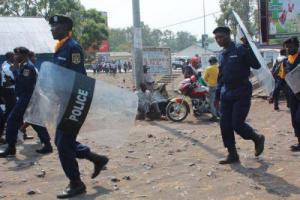Human Rights
Slovakia: Low Turnout Scuttles Discriminatory Referendum
A low turnout in a Slovakia referendum on February 7, 2015, scuttled a measure that would have set the scene for legalized discrimination against lesbian, gay, bisexual, and transgender (LGBT) couples, Human Rights Watch said on February 8. The decision of the majority of voters not to participate in the referendum on this regressive measure offers some comfort to minorities in Slovakia.
- Read more
- 345 reads
Thailand: Japan Should Urge End to Military Rule

Thailand's newly appointed Prime Minister Prayuth Chan-ocha arrives at the 2nd Infantry Battalion in Chonburi province, on the outskirts of Bangkok on August 21, 2014.
- Read more
- 462 reads
South Sudan: as top officials spotlight crisis, UN warns of ‘dramatic' decline in food security

Emergency Relief Coordinator Valerie Amos (right) and UNESCO Envoy for Peace and Reconciliation Forest Whitaker addressing the press in Juba, South Sudan.
- Read more
- 380 reads
Burma: Prisoner Committee Should Not Be Smokescreen
A Burmese government committee reconstituted to deal with “prisoners of conscience affairs” should resolve remaining prisoner of conscience cases, be inclusive, independent, transparent, and designed to tackle growing numbers of politically motivated arrests, Amnesty International and Human Rights Watch said on February 6 in a joint open letter to the committee's new chair.
- Read more
- 361 reads
West African communities receiving Ebola’s orphans with open arms, UN agency reports

In Ebola-affected Guinea, children, supervised by an adult, play outdoors in a large circle in the village of Meliandou in Guéckédou Prefecture, Nzérékoré Region.
- Read more
- 369 reads
Bgladesh: End Deadly Cycle of Crimes
With no end in sight to politically motivated violence and other abuses in Bangladesh, state authorities need to ensure their response respects the rights of all and avoids arbitrary use of force, arrests, and disappearances, Human Rights Watch said on February 6.
- Read more
- 338 reads
OSCE/ODIHR human rights and gender issues chiefs call on states to protect women and girls from genital mutilation
Michael Georg Link, Director of the OSCE Office for Democratic Institutions and Human Rights, and Ambassador Miroslava Beham, the OSCE Senior Adviser on Gender Issues, called on countries in the OSCE region to do everything in their power to protect women and girls in their countries from female genital mutilation on February 6.
- Read more
- 351 reads
DR Congo: UN rights office urges release of illegally detained protestors

Police officers trying to maintain calm during demonstrations in Kinshasa, capital of the Democratic Republic of the Congo.
- Read more
- 446 reads
A call to action for health workers around the world to mobilize against Female Genital Mutilation
Female genital mutilation (FGM) violates the human rights and undermines the health and well-being of some 3 million girls each year. More than 130 million girls and women in the 29 countries in Africa and the Middle East where the practice is concentrated today have undergone some form of FGM – and the impact on their lives is enormous.
- Read more
- 320 reads
Bangladesh: End Deadly Cycle of Crimes
With no end in sight to politically motivated violence and other abuses in Bangladesh, state authorities need to ensure their response respects the rights of all and avoids arbitrary use of force, arrests, and disappearances, Human Rights Watch said on 6 February.
- Read more
- 316 reads
Human Rights
Fostering a More Humane World: The 28th Eurasian Economic Summi

Conscience, Hope, and Action: Keys to Global Peace and Sustainability

Ringing FOWPAL’s Peace Bell for the World:Nobel Peace Prize Laureates’ Visions and Actions

Protecting the World’s Cultural Diversity for a Sustainable Future

Puppet Show I International Friendship Day 2020

